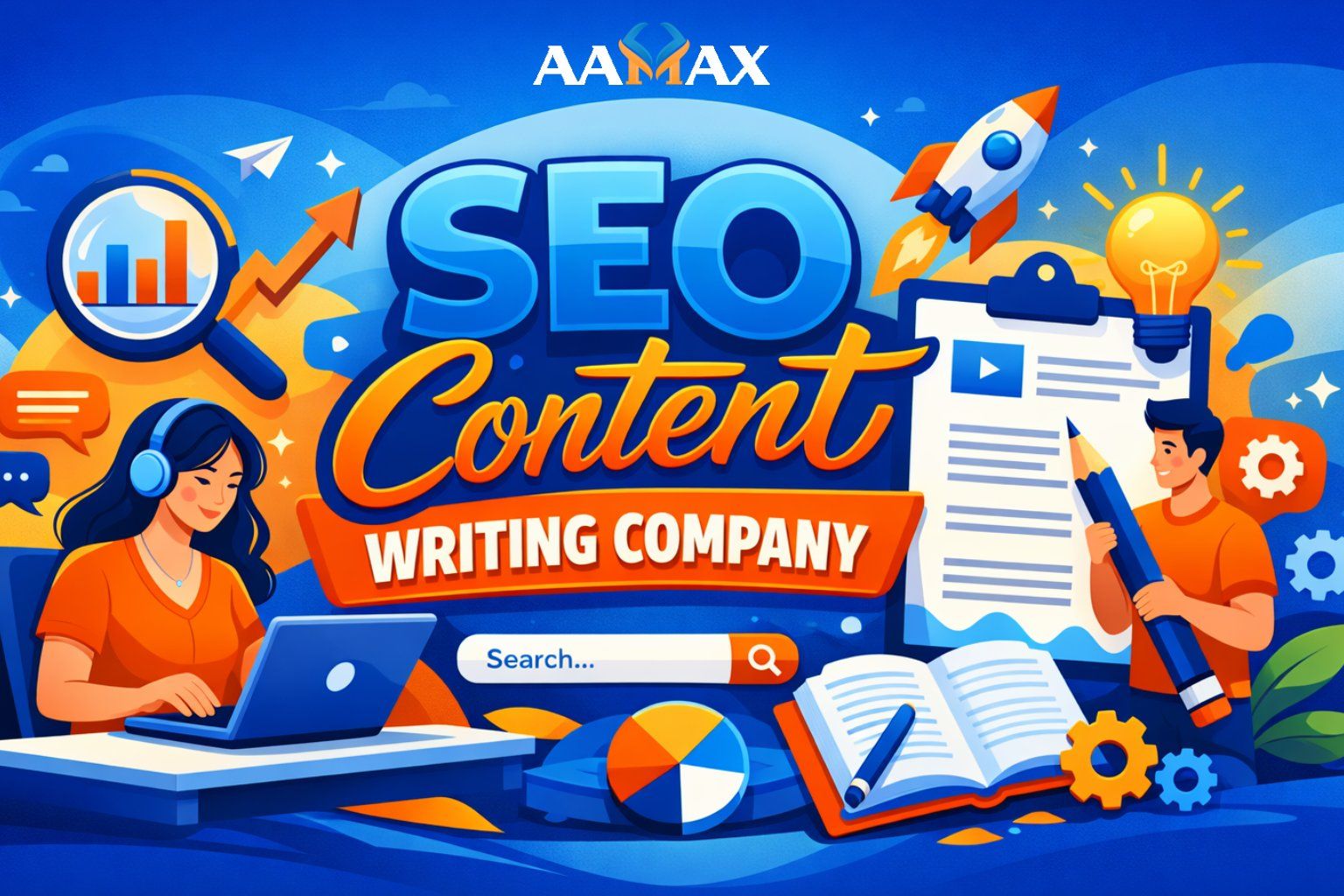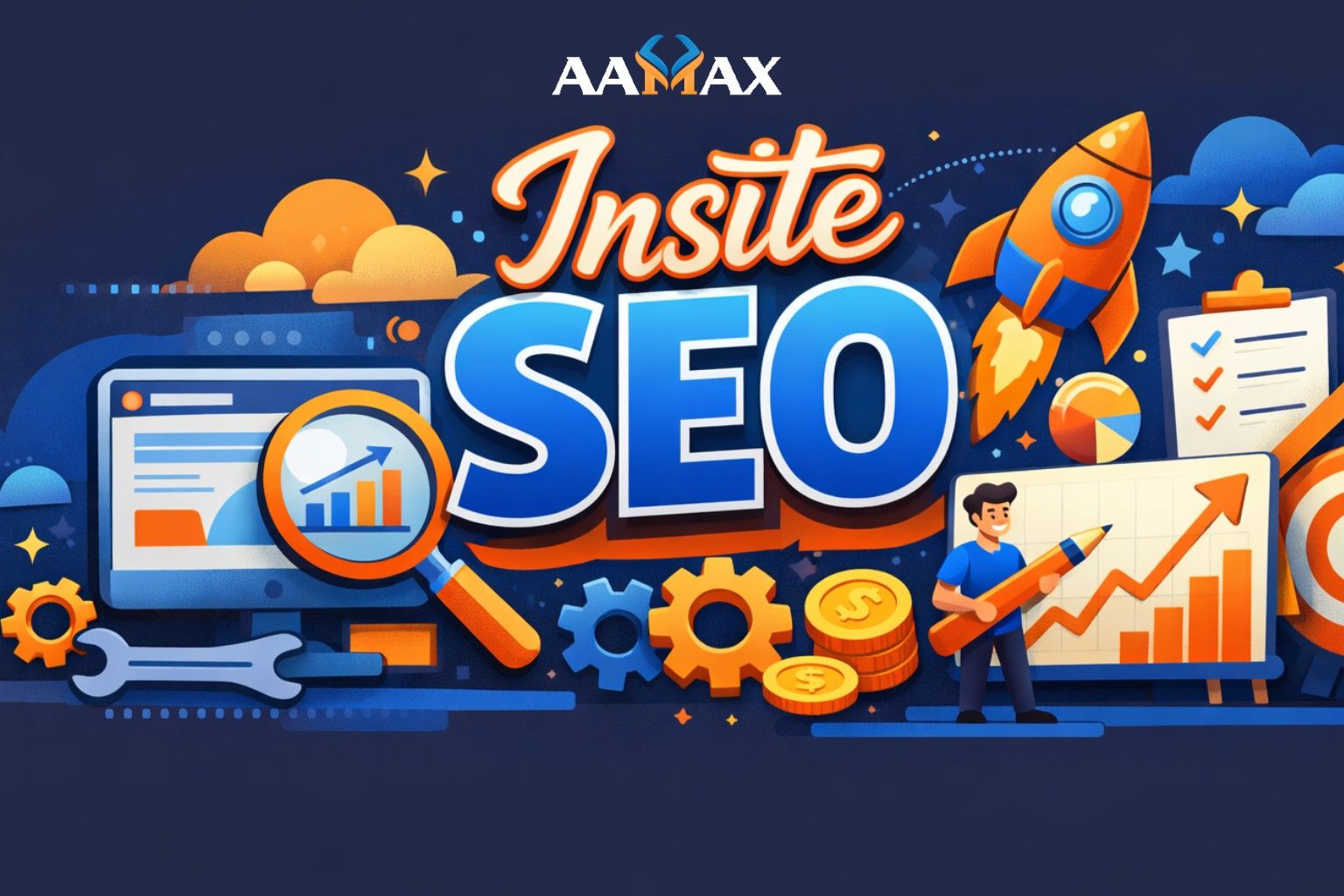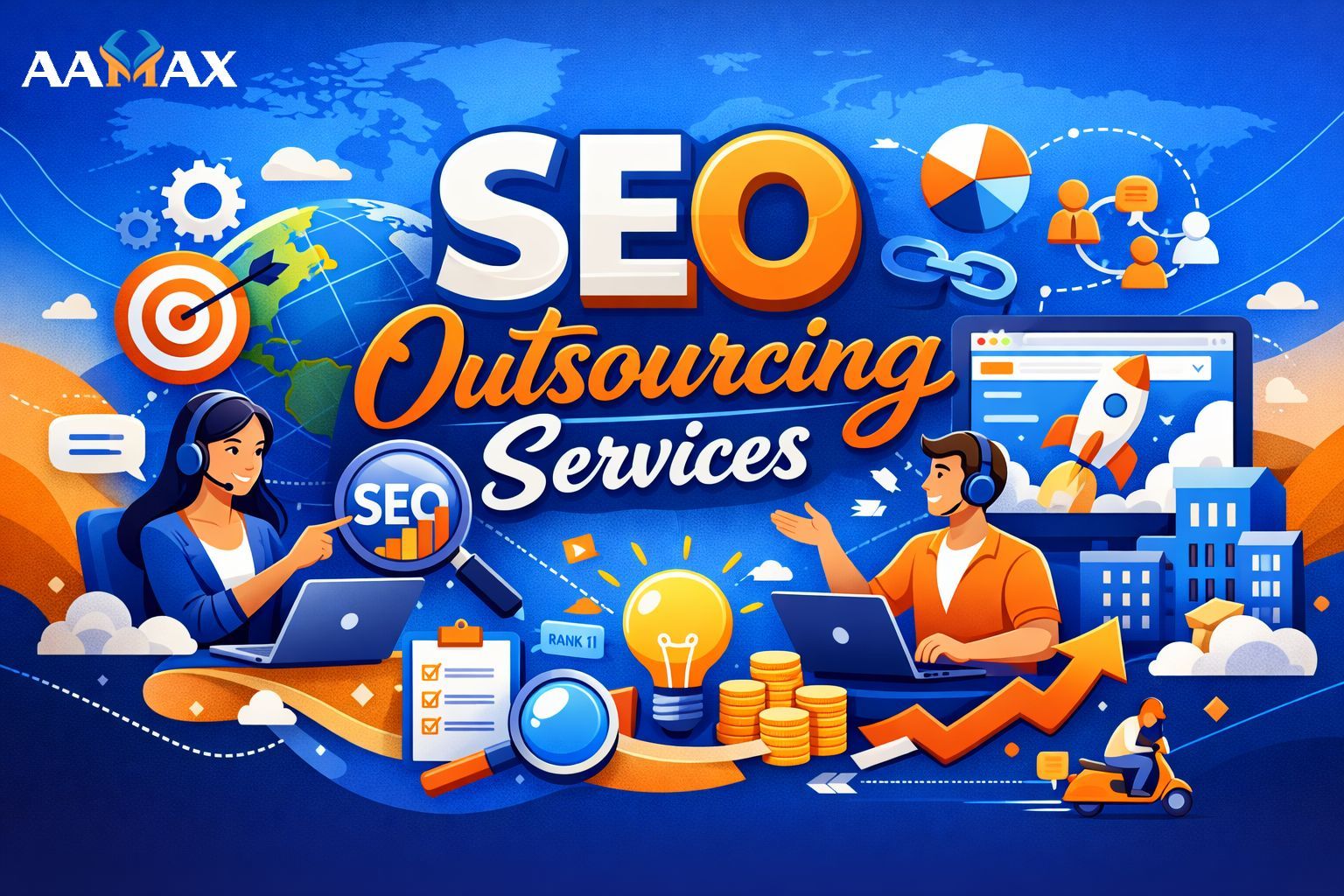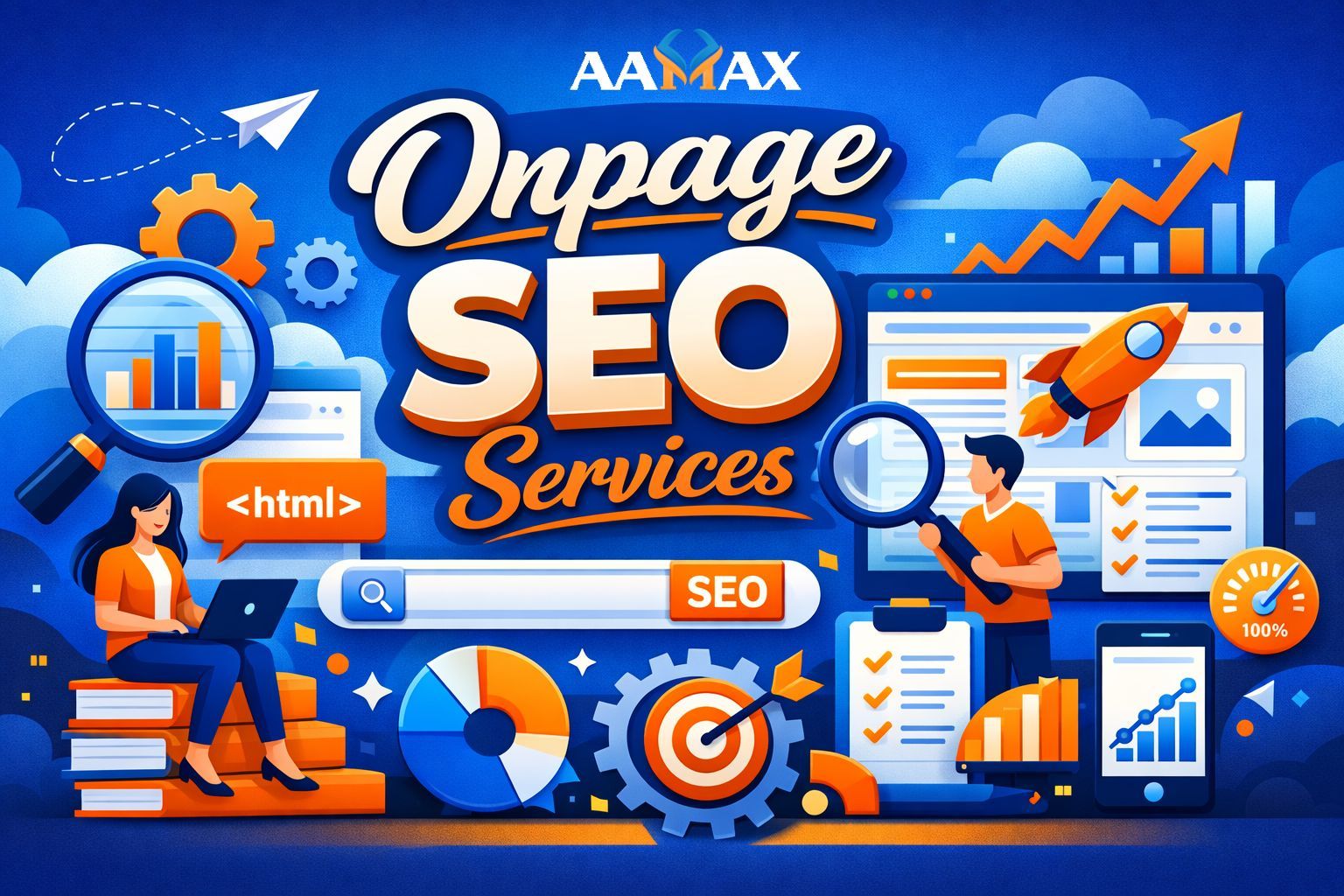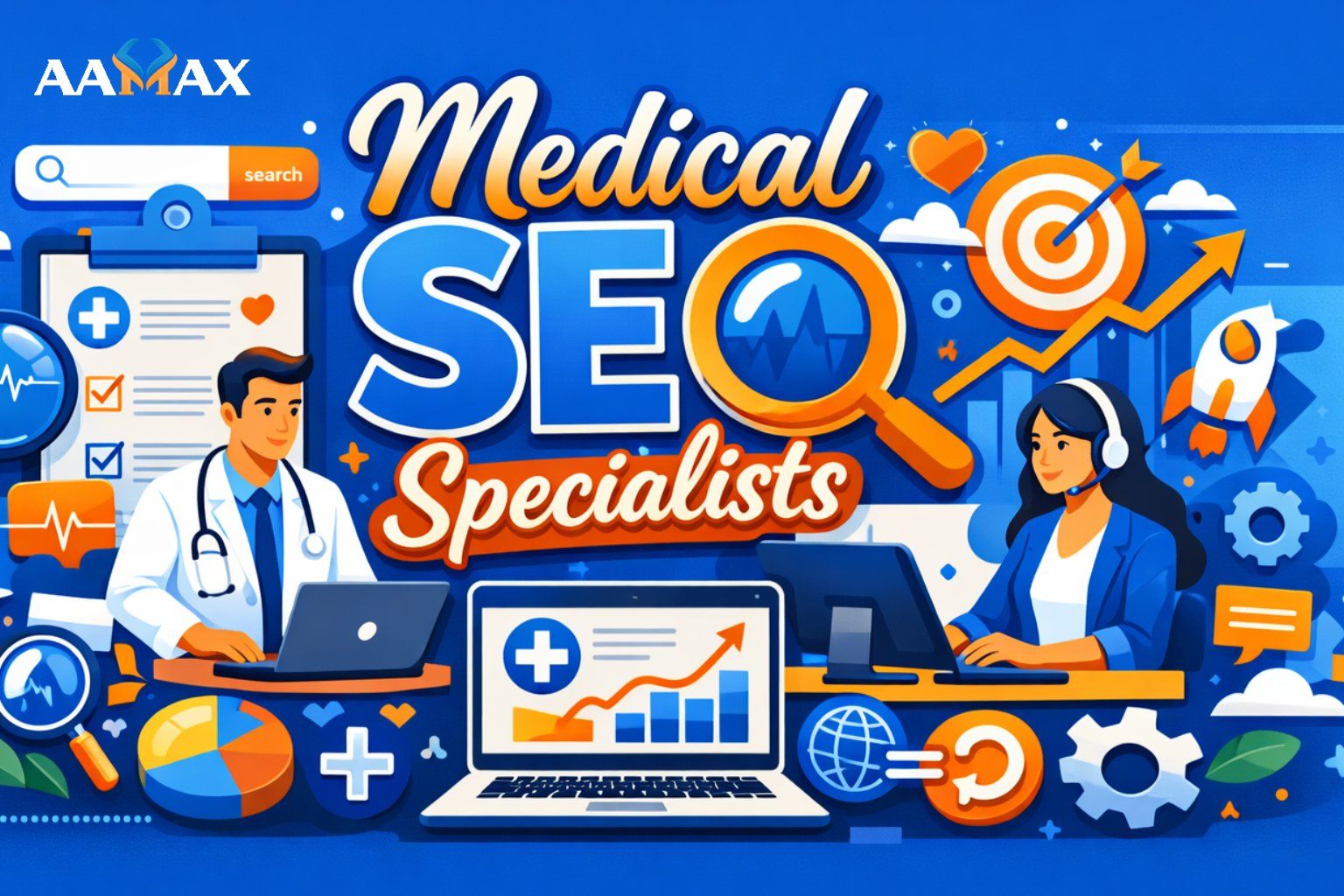
How to Use AI for SEO Optimization Across Content and Technical SEO
This guide explores how to use AI for SEO optimization across both content and technical SEO, revealing practical strategies, the best tools, and actionable insights to help your website achieve higher search visibility.
Artificial Intelligence (AI) is redefining how businesses approach Search Engine Optimization (SEO) From keyword research to content creation and technical site audits, AI now powers almost every aspect of digital optimization. What once required hours of manual analysis can now be automated, scaled, and enhanced using advanced AI tools.
What Is AI-Powered SEO?
AI-powered SEO is the process of using machine learning, natural language processing (NLP), and automation technologies to improve your website’s visibility and performance in search engines.
Traditional SEO relied heavily on human analysis — looking at keyword volume, backlinks, and site structure manually. AI, however, can:
- Analyze thousands of data points instantly
- Identify ranking patterns
- Optimize content structure and keywords dynamically
- Automate technical SEO audits
- Predict future search trends
With AI, SEO is shifting from reactive to predictive optimization, helping brands stay ahead of algorithm updates and changing user behavior.
Why AI Is Essential for Modern SEO
Google’s algorithms have evolved to prioritize context, quality, and user experience rather than keyword density alone. Tools powered by AI now use semantic understanding and deep learning to interpret queries just like humans do.
AI helps SEO experts:
- Understand search intent behind keywords
- Discover semantic keyword relationships
- Optimize for Google’s AI systems like RankBrain, BERT, and SGE (Search Generative Experience)
- Analyze and fix technical issues in real-time
Using AI means you can optimize content for both humans and algorithms, achieving the best of both worlds.
The Two Pillars of AI SEO Optimization
AI SEO optimization can be divided into two main areas:
- AI for Content SEO — improving what users see (content, keywords, engagement).
- AI for Technical SEO — optimizing what search engines see (structure, performance, crawling).
Let’s explore both in detail.
AI for Content SEO Optimization
Content remains the heart of SEO — but AI is transforming how it’s created, optimized, and analyzed.
Here’s how you can use AI to strengthen your content SEO strategy.
1. Keyword Research and Topic Discovery
AI tools like ChatGPT, SEMrush AI, Ahrefs, MarketMuse, and SurferSEO can analyze massive datasets to identify:
- High-value keywords
- Related semantic terms
- Content gaps your competitors missed
Instead of only targeting high-volume phrases, AI tools understand intent-based clusters, allowing you to rank for multiple variations of a topic.
For example, rather than just optimizing for “AI SEO,” an AI tool might suggest a cluster like:
- “AI SEO tools”
- “How AI improves SEO strategy”
- “AI and content optimization”
- “Technical SEO automation with AI”
This approach helps you build topical authority, a key ranking factor in Google’s current algorithms.
2. AI Content Creation and Optimization
AI writing assistants can generate high-quality, SEO-friendly content faster than ever before. However, the goal isn’t to replace human creativity — it’s to enhance it.
What AI Can Help With:
- Generating content outlines and headings
- Optimizing readability and keyword density
- Inserting NLP entities naturally
- Suggesting internal links
- Analyzing tone and structure
Tools like Frase.io, Jasper, Writesonic, and Copy.ai combine keyword data with AI writing assistance to craft content that aligns with search intent and user needs.
Remember: AI-generated content still requires human editing to maintain authenticity, originality, and brand voice.
3. Content Gap Analysis
AI tools can scan your competitors’ websites and find topics they cover but you don’t.
By identifying these gaps, you can strategically publish new content to capture missed opportunities.
Example: If your competitor ranks for “AI in local SEO” and you don’t, AI can flag it as a potential high-impact topic.
Platforms like SurferSEO and Clearscope even analyze top-ranking content to recommend keywords, structure, and word count, ensuring your new content competes effectively.
4. On-Page Optimization Using AI
AI can automatically optimize:
- Title tags and meta descriptions
- Header tags (H1, H2, H3) for structure
- Image alt texts for accessibility and SEO
- Internal linking patterns for crawl efficiency
Some CMS platforms (like WordPress with RankMath AI or HubSpot AI SEO tools) integrate these capabilities directly, helping you maintain optimized pages effortlessly.
AI ensures your on-page elements follow best practices — improving click-through rates (CTR) and indexation efficiency.
5. Content Performance Analysis
Once your content is published, AI continues to help by analyzing how it performs.
Through behavioral and engagement data, it identifies:
- Which sections users skip
- Which keywords drive organic visits
- How your content compares to top-ranking pages
Tools like Google Analytics 4 with AI Insights, ContentKing, or Surfer Audit track performance in real time, providing recommendations to refresh outdated or underperforming posts.
This continuous learning cycle ensures your content remains optimized — not just once, but always.
AI for Technical SEO Optimization
While great content attracts users, a strong technical foundation ensures search engines can access and index it correctly.
AI tools have made technical SEO more efficient and data-driven than ever.
Here’s how AI enhances your technical SEO.
1. Website Crawling and Error Detection
AI-powered crawlers like Screaming Frog AI Mode, DeepCrawl, and Sitebulb detect technical issues faster and with more precision than traditional tools.
They can identify:
- Broken links
- Duplicate content
- Redirect loops
- Crawl errors
- Orphan pages
Unlike static audits, AI tools learn over time, recognizing patterns in errors and predicting future issues — allowing proactive fixes before rankings drop.
2. AI for Core Web Vitals Optimization
Google’s Core Web Vitals measure user experience (loading, interactivity, and visual stability). AI can automatically test and suggest improvements.
For instance, AI can:
- Compress images without losing quality
- Recommend faster-loading scripts
- Optimize lazy loading
- Simulate page speed across devices
Tools like NitroPack AI, PageSpeed Insights with Gemini integration, and Cloudflare’s AI optimizer provide real-time recommendations to improve your Largest Contentful Paint (LCP), First Input Delay (FID), and Cumulative Layout Shift (CLS) scores.
3. Structured Data and Schema Automation
AI helps implement schema markup efficiently, ensuring Google understands your content’s context.
Instead of manually coding JSON-LD, AI can:
- Identify relevant schema types (e.g., article, FAQ, product, review)
- Automatically inject structured data
- Validate it with Google’s Rich Results Test
This makes your pages eligible for rich snippets, increasing visibility and CTR.
4. Log File Analysis with AI
Analyzing server log files reveals how Googlebot interacts with your site.
AI can automate this complex process, helping identify:
- Crawl frequency
- Unindexed pages
- Crawl budget waste
- Priority crawl issues
Platforms like JetOctopus or Botify Intelligence use AI to visualize crawl patterns and provide actionable recommendations.
By improving crawl efficiency, AI ensures that search engines spend more time on your most important pages.
5. AI for Site Architecture and Internal Linking
AI can map out your entire website structure, identify weak internal linking, and suggest improved navigation paths.
A well-structured site not only helps users but also strengthens keyword relevance and crawlability.
For example: AI can recommend linking your “AI SEO Optimization” article to your “AI Keyword Research” guide — reinforcing semantic connections between topics.
Tools like LinkWhisper AI, Ahrefs Site Audit, or Surfer Internal Link Builder automate this process for large websites with minimal effort.
6. Predictive Technical SEO
Predictive AI models can forecast when technical issues may arise based on historical data.
They can alert you to trends like:
- Declining indexation rates
- Increased crawl errors
- Slow-loading pages
This proactive approach ensures your site maintains technical health — even before issues affect visibility.
Combining AI for Content and Technical SEO
The real power of AI SEO comes when content and technical optimization work together.
For instance:
- AI content tools ensure pages are rich, relevant, and keyword-optimized.
- AI technical tools guarantee those pages are fast, crawlable, and properly structured.
Together, they create a holistic SEO strategy that drives long-term growth.
Example Workflow:
- Use AI for keyword research and content planning.
- Optimize content using NLP and semantic analysis.
- Audit technical issues with AI-based crawlers.
- Monitor performance with predictive AI analytics.
- Continuously refine both content and technical aspects.
This integrated approach ensures your website performs optimally for both users and search engines.
The Role of Human Expertise in AI SEO
AI tools are powerful, but they don’t replace human creativity or strategic thinking.
Humans understand context, brand tone, and empathy — elements AI can’t fully replicate.
A strong SEO strategy blends:
- AI’s precision and automation
- Human insight and storytelling
The key is to let AI handle data-driven tasks, while humans focus on creativity and user experience.
Partner with Experts to Master AI SEO
Implementing AI across content and technical SEO can be complex — from tool selection to strategy execution.
That’s where AAMAX comes in.
AAMAX is a full-service digital marketing company offering Web Development, Digital Marketing, and SEO Services.
Their team specializes in AI-powered SEO, helping brands automate keyword research, enhance content quality, and resolve technical challenges efficiently.
Whether you need to optimize existing pages, improve site architecture, or launch an AI-driven SEO strategy, AAMAX provides the expertise and technology to achieve lasting results.
Final Thoughts
AI is no longer a futuristic concept — it’s a core component of modern SEO.
By integrating AI into both content and technical optimization, you can build a smarter, faster, and more competitive website.
From automating keyword research to fixing crawl errors, AI allows marketers to focus less on manual work and more on strategic creativity.
To stay competitive in this evolving digital landscape, embrace AI today — and consider partnering with experts like AAMAX to unlock the full power of AI SEO.

